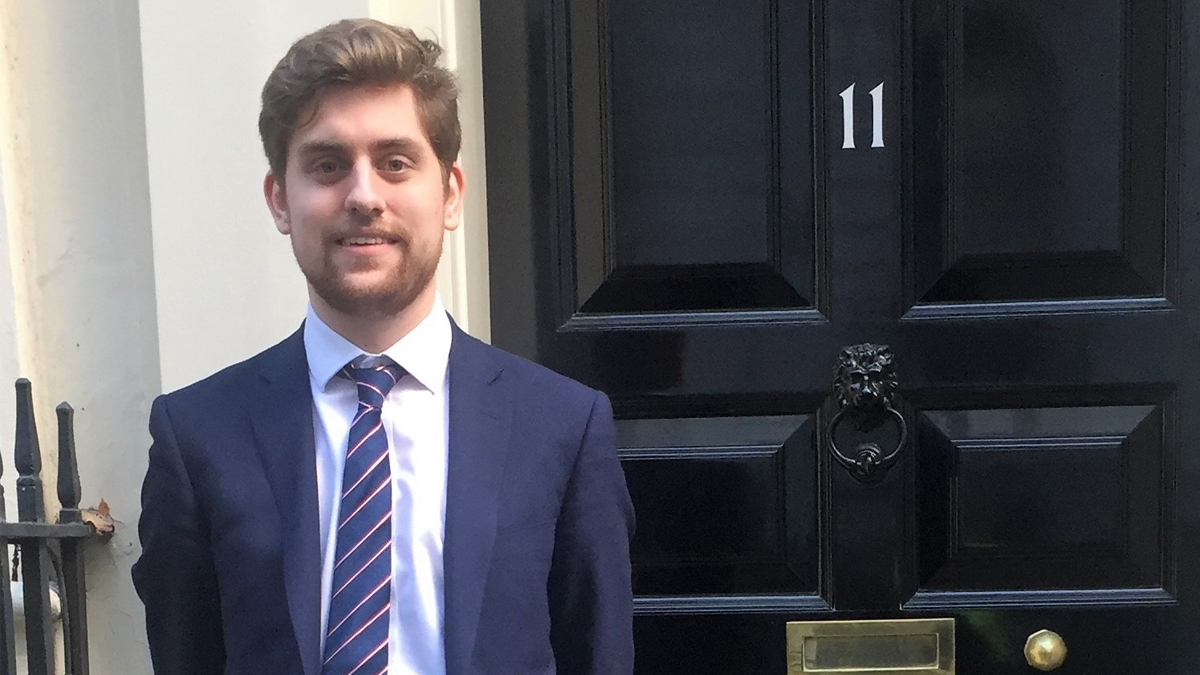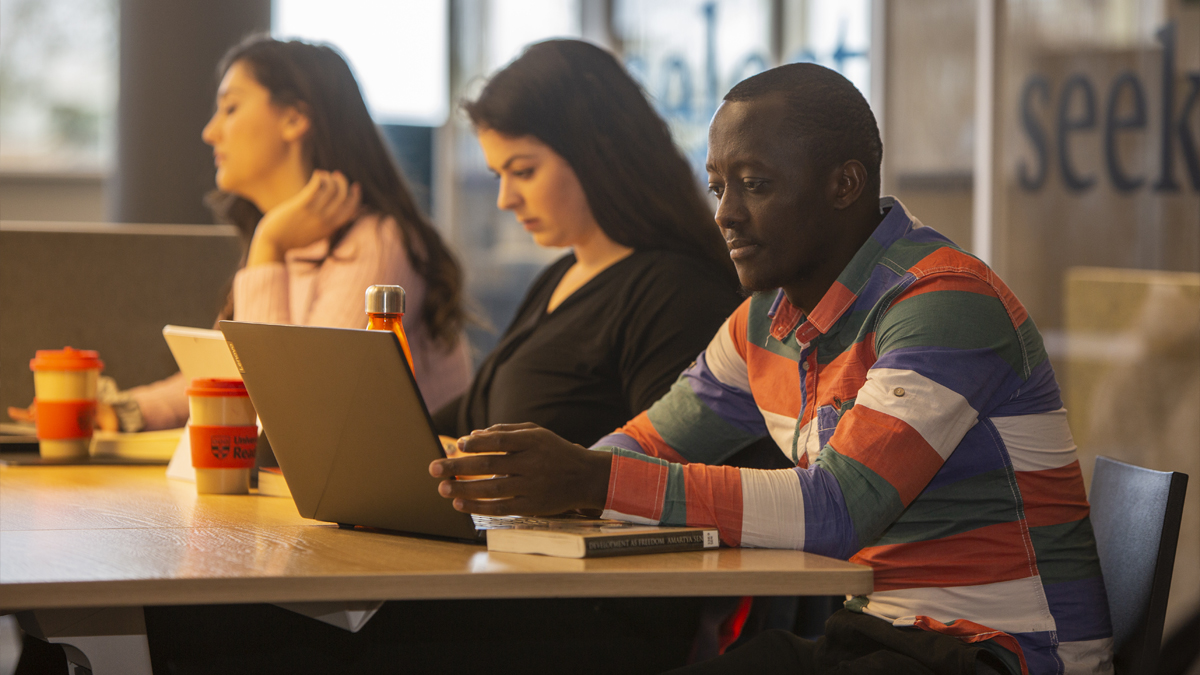We use a variety of teaching and learning methods to establish a strong theoretical foundation, followed by the development of your knowledge and tools for analysing real-world economic data.
You'll learn in a dynamic and collaborative environment through lectures, seminars and open debate, allowing you to develop a diverse range of fully-transferable skills.



